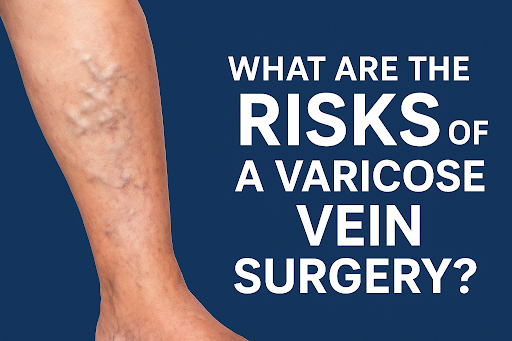Finding a qualified vein specialist is an essential step in managing conditions like varicose veins, spider veins, or other venous disorders. A good vein specialist can help diagnose and treat these issues effectively, ensuring you regain both comfort and confidence. Here’s a guide to finding the best vein specialist near you.
1. Research Their Credentials
Look for a board-certified specialist with expertise in venous diseases. Vein specialists often come from backgrounds in vascular surgery, interventional radiology, or dermatology. Verify their certifications, education, and affiliations with reputable organizations like the American Board of Venous & Lymphatic Medicine (ABVLM).
2. Seek Referrals and Recommendations
Ask your primary care physician for a referral to a trusted vein specialist. You can also reach out to friends, family, or coworkers who have undergone vein treatments. Patient reviews and testimonials on reputable websites can also offer valuable insights into a specialist’s reputation.
3. Evaluate Their Experience
Experience is crucial when choosing a vein specialist. Find out how long they’ve been practicing and how many vein treatments they’ve performed. Specialists with extensive experience are more likely to handle complex cases effectively.
4. Explore Treatment Options Offered
The best vein specialists use advanced diagnostic tools and offer minimally invasive treatments, such as:
- Endovenous laser therapy (EVLT)
- Radiofrequency ablation (RFA)
- Sclerotherapy
- VenaSeal closure system
Ask about the range of treatments available and which might be best suited for your condition.
5. Visit Their Clinic
Schedule a consultation to assess the clinic’s environment and the staff’s professionalism. A good vein clinic should be clean, welcoming, and equipped with state-of-the-art technology. Observe whether the specialist takes the time to explain procedures and answer your questions thoroughly.
6. Check Insurance and Costs
Before committing to treatment, ensure the clinic accepts your insurance and provides transparent pricing. Some treatments may not be fully covered by insurance, so inquire about financing options if needed.
7. Read Reviews and Testimonials
Online reviews on platforms like Google, Healthgrades, or Yelp can give you a sense of patient satisfaction. Look for feedback on the specialist’s professionalism, the effectiveness of treatments, and overall patient care.
8. Trust Your Instincts
Lastly, trust your gut feeling after meeting with the specialist. If you feel comfortable and confident in their expertise, they’re likely a good fit for you.
By taking these steps, you can ensure you find a vein specialist who is qualified, experienced, and a good match for your needs. Addressing vein issues promptly with the right professional can significantly improve your quality of life.
To learn more about their vein care services, visit MVM Health’s website.








